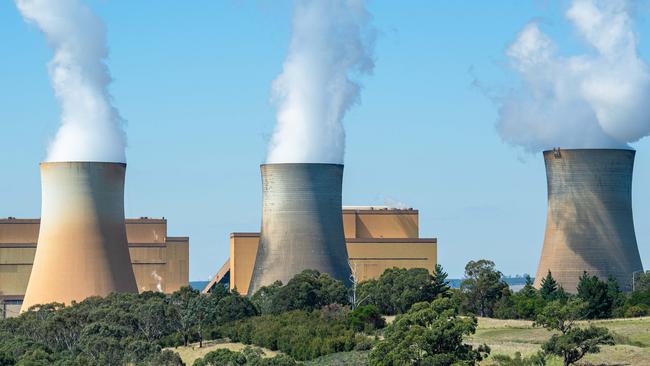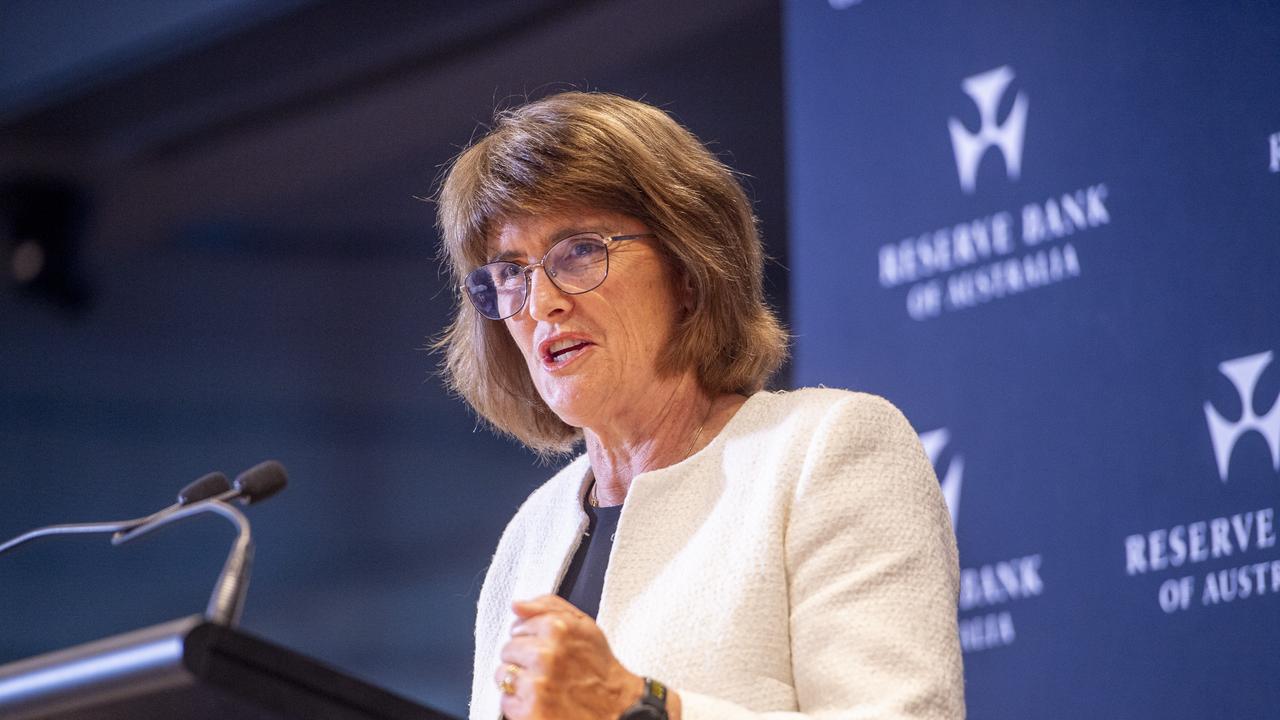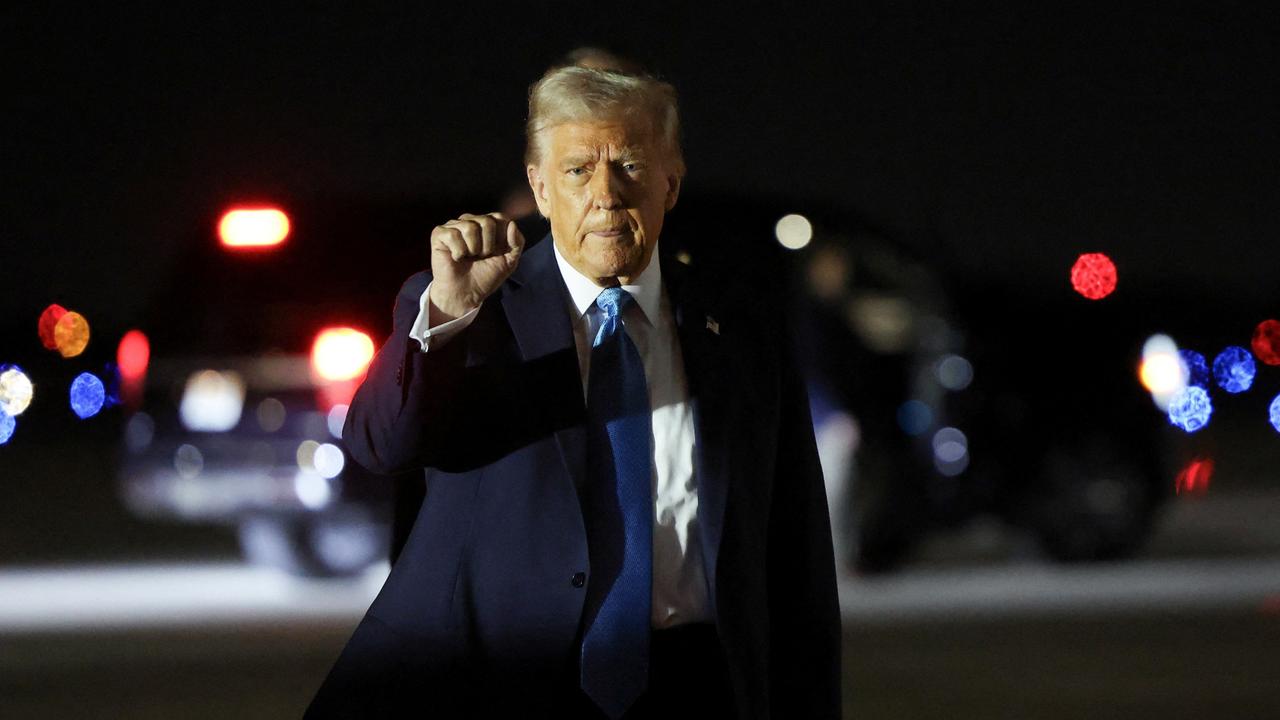Hope for the future as business takes lead on climate change

We recently interviewed some young people who had applied for jobs. But it was us being interviewed and not the other way around. It was clear our organisation was being questioned about our climate change and sustainability agenda.
And it is not just us noticing this.
Climate change is no longer a theoretical risk. Over 30 per cent of the 750 global executives, surveyed in the Deloitte’s 7th Global climate survey, say it is showing up in operational matters, with 82 per cent, particularly in US, Britain, China and Australia, saying their organisations are concerned or very concerned.
The climate change debate has been characterised as being stuck.
But not everyone is stuck.
In the past 12 months, it has become clear business, fed up with the inaction, misaction and a general lack of urgency on the part of governments globally, has recognised the core drivers of capitalist enterprise — risk and opportunities — and begun to take action.
Business has taken the lead while governments, policymakers and regulators have lagged.
But there is movement.
With the Biden Summit now three weeks away, the past few months have seen major trading partners of Australia begin to shift quickly. In the absence of Australian action, this puts well over $200bn of Australian exports in the at-risk category.
So the ball’s now in our court.
The Deloitte Global survey also highlighted the impact of the pandemic, with 65 per cent of executives globally expecting to cut back their efforts on sustainability in the coming year. In Australia, 54 per cent of executives had this view.
But highlighting the enduring nature of the structural change that is climate change, 23 per cent of these executives indicated they would then accelerate their efforts on climate change in the year ahead, and 32 per cent of the Australian executives had this view.
So the big disruptive force of climate change is galvanising business action, albeit a slowdown before an acceleration as the impact of the pandemic has hit bottom lines.
And what’s driving this action?
Business is responding to the shifting expectations of consumers, financiers, investors, those in and around their supply chain.
Of the Australian executives surveyed 51 per cent cite employee recruitment and retention among the top reasons for acting on climate change. Globally, this figure was 47 per cent. Our recent interviews suddenly make sense!
Globally, and in Australia, this is crunch time when it comes to climate change and sustainability.
The risks are real, not theoretical, the strategic opportunities await, and the penalties for late followers will be punitive.
The business case for tackling climate change, for elevating environmental sustainability as a true imperative for executives, is validated and compelling.
The case for economies to tackle climate change, especially a country like Australia, has clear macroeconomic positives. Of course, nothing in life is free; but the cost of inaction is high.
In earlier work, we have shown that in just 50 years, the cost of inaction will lop 6 per cent off Australia’s GDP compared to a more than 2 per cent gain in GDP if we act now. And the jobs results are stunning.
Business cares about growth, mitigating risk, and seizing opportunities for new markets, products and services, which is why the results show that the good businesses of the world are starting to act.
As the good ones accelerate their efforts it might open up a new form of dynamism and competitive advantage.
For business, meaningful environmental sustainability initiatives can create long-term value on several fronts — boosting everything from financial performance to employee morale to recruitment. They can also help organisations meet customer expectations amid calls for greater climate action.
The businesses surveyed, in general, are optimistic.
The time is now to make some bold plays for business, workers and communities, and make real this optimism for the future.
Dr Pradeep Philip is head of Deloitte Access Economics and Claire Atkinson is a director at Deloitte Access Economics.


